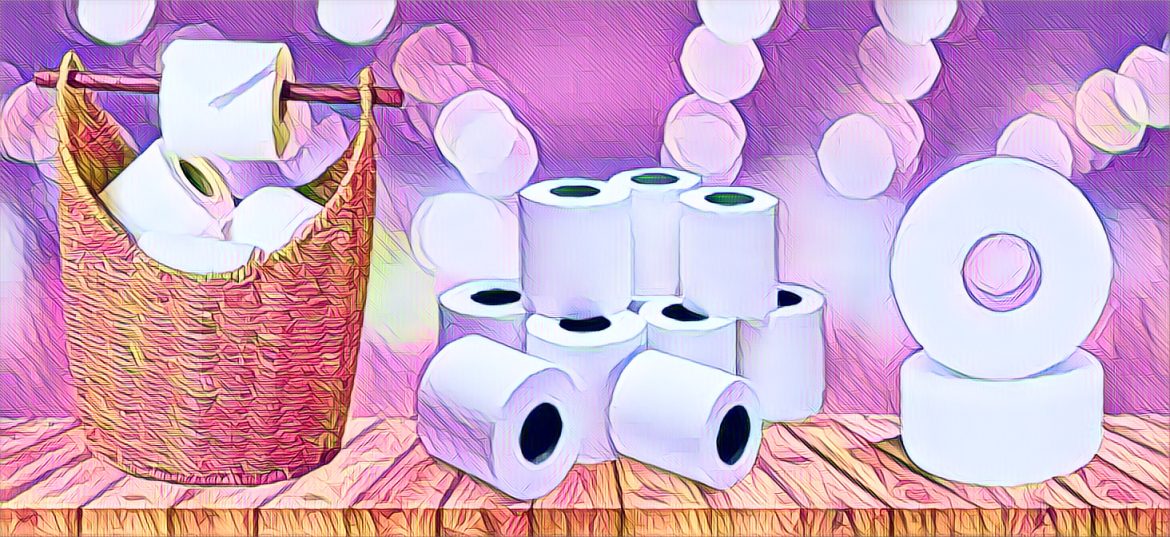Ghana is one of the countries that rely heavily on foreign goods for its basic needs. From toothpicks to rice, from tomatoes to bottled water, Ghana imports a large amount of products that could be produced locally. But one of the most surprising items on the import list is toilet paper.
According to a report by OEC trade statistics, Ghana spent about $349 million on the importation of toilet paper between 2017 and 2021. This means that Ghana’s average annual import bill on toilet paper was about $70 million. In comparison, Ghana spent only $32 million on the importation of books in the same period.
Why does Ghana need so much toilet paper from abroad? Is it a sign of a lack of local production capacity, a preference for foreign brands, or a lack of awareness of alternative options? And what are the implications of this import dependency for Ghana’s economy, environment, and public health?
The answers to these questions are not simple. On one hand, some experts argue that importing toilet paper is a waste of money that could be invested in more productive sectors of the economy. They point out that Ghana has abundant natural resources, such as bamboo and sugarcane, that could be used to produce toilet paper locally. They also suggest that Ghana could promote the use of bidets, water hoses, or reusable cloths as more hygienic and environmentally friendly alternatives to toilet paper.
On the other hand, some stakeholders defend the importation of toilet paper as a necessity for meeting the demand of a growing population and a rising middle class. They claim that local production is not sufficient or competitive enough to satisfy the market needs. They also argue that consumers have the right to choose the quality and variety of toilet paper they prefer, and that imposing restrictions on imports would violate the principles of free trade and consumer sovereignty.
The debate over toilet paper imports is not unique to Ghana. Many other African countries, such as Nigeria, Kenya, and South Africa, also import large quantities of toilet paper, despite having potential or existing local producers. According to a report by Research and Markets, the toilet paper market in Africa was valued at $8.5 billion in 2020 and is expected to grow at a compound annual growth rate of 4.6% from 2021 to 2026.
The report attributes this growth to factors such as urbanization, income growth, changing lifestyles, and increased awareness of personal hygiene. However, the report also identifies challenges such as high import costs, low penetration rates, environmental concerns, and cultural barriers.
The issue of toilet paper imports may seem trivial, but it reflects a broader challenge of balancing trade and development in Africa. How can African countries reduce their dependence on foreign goods and boost their local industries, while also ensuring the quality, affordability, and availability of essential products for their citizens? How can African consumers make informed and responsible choices that support their well-being and the sustainability of their environment? And how can African governments and regional bodies create policies and regulations that foster fair and beneficial trade relations with the rest of the world?
These are some of the questions that need to be addressed as Africa strives to achieve its economic and social goals in the 21st century. As for toilet paper, perhaps the best solution is to find a middle ground between imports and local production, between convenience and conservation, and between personal preference and public interest.
Source: Peace FM Online




